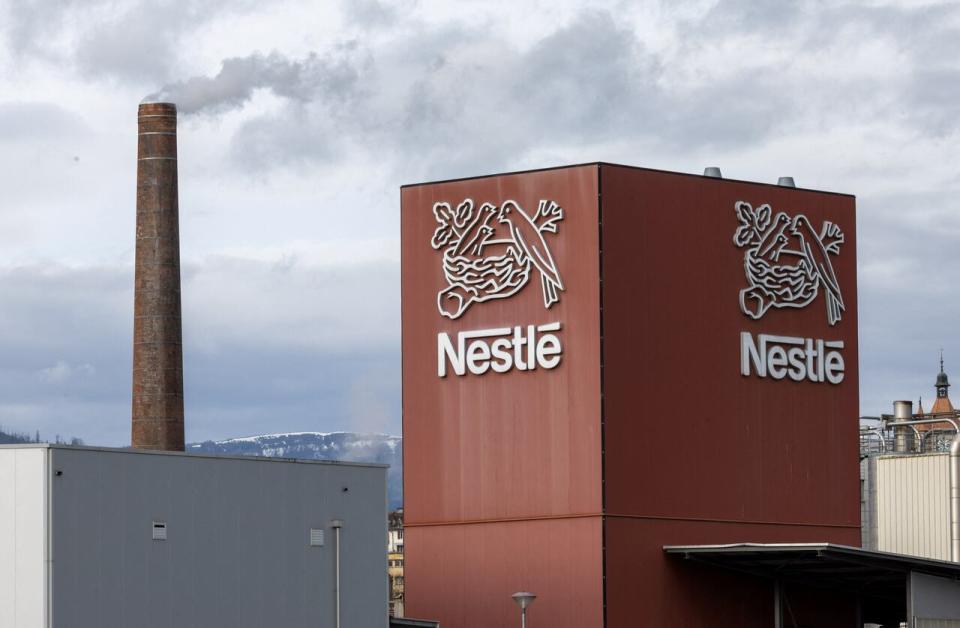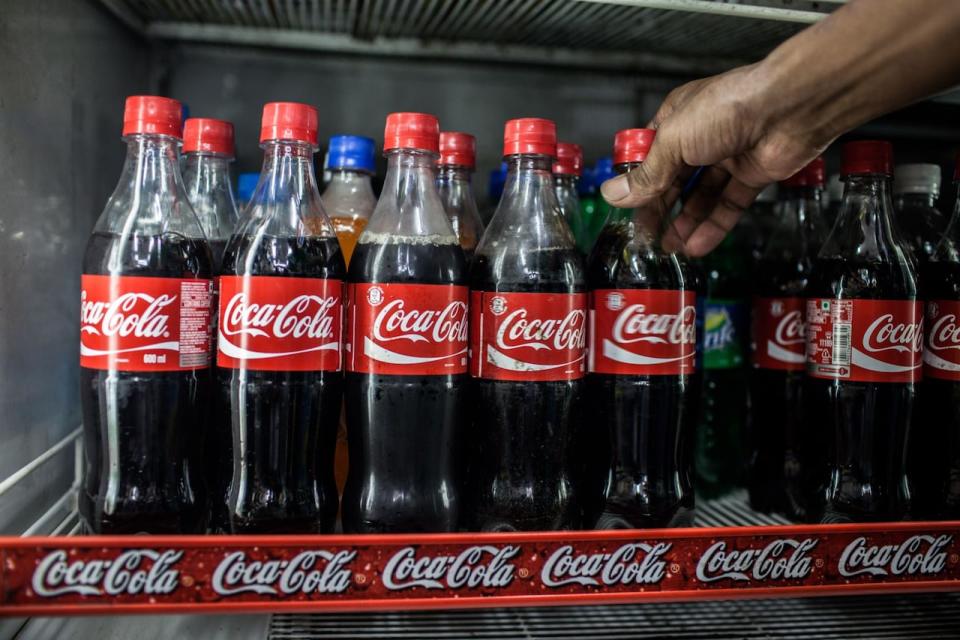Ozempic is changing the way people eat. Snack companies are paying close attention
Raegan Sather says her appetite has completely changed — and so has her approach to grocery shopping — since she started taking the weight-loss drug Ozempic two years ago.
Sather, a marketing professional in Edmonton, buys fresh produce, fresh meat and high-protein foods to supplement the popular medication. But the biggest change is that she now skips right past the snack aisle.
The drug "completely eliminated any snacking," said Sather — doing away with her previous evening habit of eating popcorn, for instance. "I had dinner and that was it."
With a growing number of North American adults using Ozempic and other popular, injectable drugs like Wegovy, Mounjaro and Zepbound for weight loss, food companies are carefully watching to see how the craze is impacting their bottom line — and cooking up ways to market their products toward people on those medications.
Nestle has launched a line of prepared meals aimed at patients taking GLP-1 drugs (the drug class to which Ozempic and Wegovy belong), while executives at yogurt company Danone and beverage giant Coca-Cola have touted high-protein, low-sugar products, also to appeal to GLP-1 users.
Whether the strategy will work is another story. Even if you're using a weight-loss drug, "it's still up to you on how you are going to manage your dietary responses," said Sather.

Between 900,000 and 1.4 million Canadians are currently using a GLP-1 drug, according to a December survey from Dalhousie University. The survey had a total of 8,662 respondents, with a margin of error of 1.84 per cent.
Meanwhile, a Gallup research poll found that 15.5 million American adults had used injectable weight-loss drugs while another report anticipated that nine per cent of American adults will be taking a GLP-1 drug by 2030.
Ozempic was developed to treat diabetes, but became popular for its weight-loss effects.
LISTEN | This doctor helped create Ozempic. He has concerns:
Changing consumer habits
There's always a core 15 to 20 per cent of the population that will jump on a new diet craze, says Robert Carter, a food industry analyst and managing partner at Stratton-Hunter Group.
Food companies like Nestle and Coca-Cola are "always in tune with how these different changes are affecting consumer purchase habits overall," he said. But this is no South Beach or Atkins diet.
"These drugs really suppress appetite [and] food cravings. So this is resulting in an overall decrease in food consumption," he said.

The Ozempic craze also ties into the broader health and wellness trend that's been underway in the food industry for the last several years. Companies were already moving toward those products, but the drugs have accelerated it, Carter says.
As for whether companies need to be concerned, Carter says it's unlikely. "I think it's just a continued evolution of the consumer purchase behaviour as it relates to food."
No replacement for home cooking
Nestle, for example, says the product line it's launching in the U.S. is meant to be a "companion" for people taking GLP-1 medication or otherwise trying to manage their weight.
The menu includes pizzas, sandwich melts and high-protein pasta bowls, each for $5 US.
But Toronto-based registered dietician Abby Langer says she can already hear the backlash — that ultra-processed foods can lead to weight gain in the first place, and that packaging more ultra-processed food as Ozempic-friendly is counterproductive.
People taking such drugs might also be missing out on protein, fibre and important micronutrients because they're consuming less food overall, she told CBC News.
"I do think that people should have some sort of choice when it comes to meal preparation. Having these meals in a pinch could be a good thing," said Langer, but she always recommends cooking fresh meals at home for weight loss.
Sather, the Ozempic user, says healthy eating will always factor into the drug's effectiveness.
"This is not a magic drug," she said. "It's still just a tool and you still have to make the right decisions in order for it to work properly."


 Yahoo Finance
Yahoo Finance 